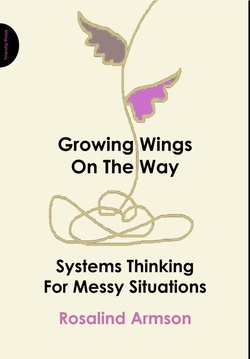Epistemic Awareness
Neither discussions about perspectives, nor the insights of philosophy, can tell me how true my internal representations of the world are, but neurological studies seem to suggest that the outside world is unknowable as it is. Epistemology should, therefore, become a central concern of thinking about organisations and management. However, many approaches to management never address epistemology: these approaches assume the world is ‘out there’ and more-or-less as it appears. "Recognising that the world is unknowable presents me with a choice. How do I make sense of day-to-day observations and events that seem to emerge from it? Once I become aware of this unknowability I am confronted with – and need to make – my own choice. Options seem to cluster around three main poles. Whatever stance I choose to adopt, being aware of the epistemological issues increases my range of options-for-action. It means that I can change the issue I perceive by changing the way I think about it. This isn’t the same as saying I can see the situation in whatever way I choose. If I understand some of the things that influence how I see the situation, then I can take steps to reduce the limitations of my view. I can also extend the range of possibilities I might see through alternative perspectives." Rosalind Armson in Growing Wings on the Way Credits and references: Rosalind Armson - Growing Wings on the Way |
Explore |


